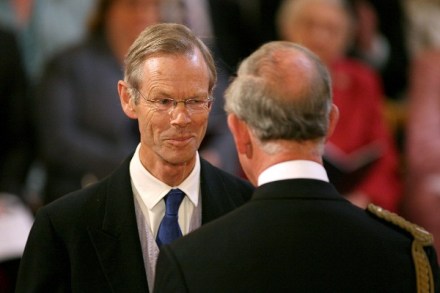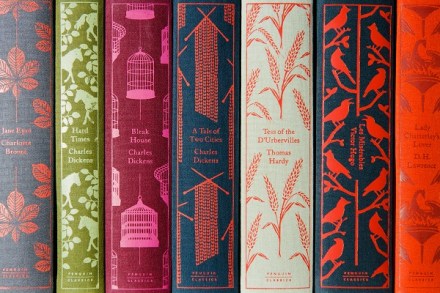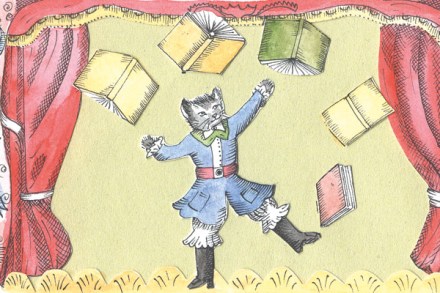Discovering poetry: George Herbert’s ‘Prayer’ and the beauty of holiness
‘Prayer’ Prayer the Church’s banquet, angels’ age, God’s breath in man returning to his birth, The soul in paraphrase, heart in pilgrimage, The Christian plummet sounding heaven and earth; Engine against the Almighty, sinner’s tower, Reversed thunder, Christ-side-piercing spear, The six-days-world-transposing in an hour, A kind of tune, which all things hear and fear; Softness, and peace, and joy, and love, and bliss, Exalted manna, gladness of the best, Heaven in ordinary, man well dressed, The milky way, the bird of paradise, Church-bells beyond the stars heard, the soul’s blood, The land of spices; something understood. St Augustine argued that Christians pray for themselves, not for God. God is self-sufficient















